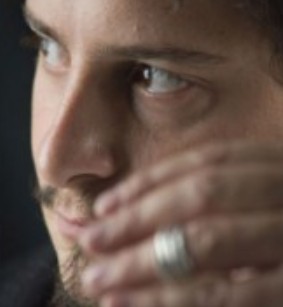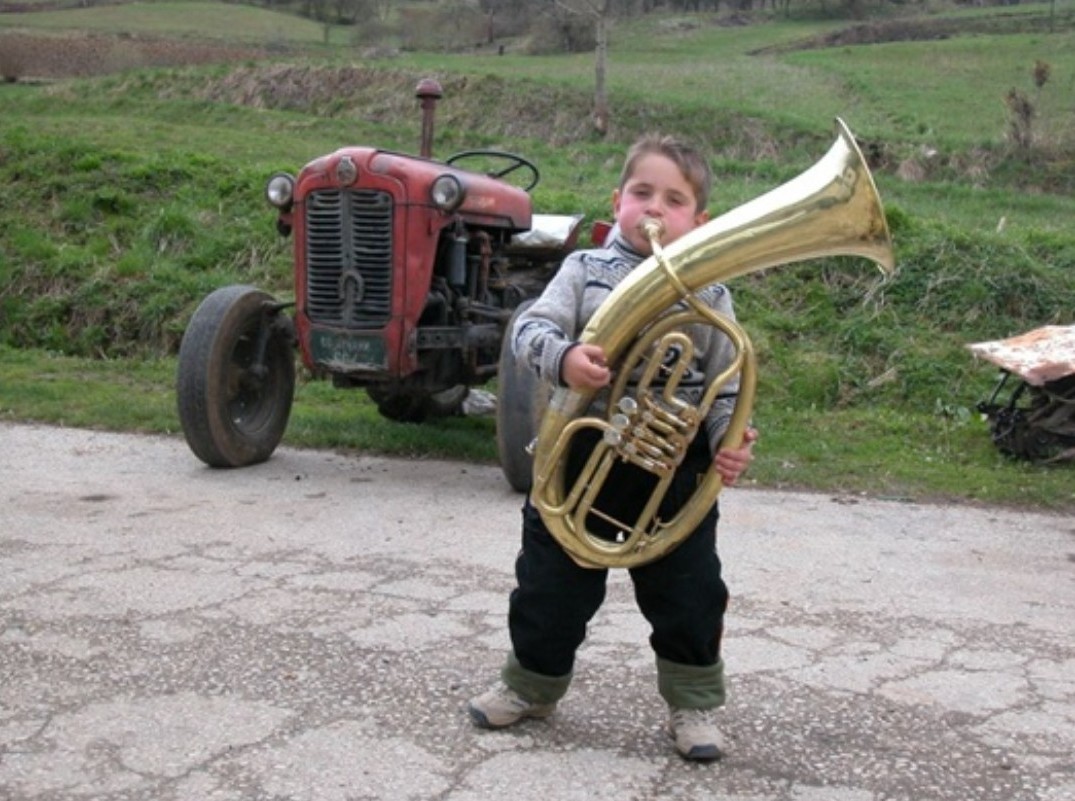페이지 정보
Trumpets'' Republic
|
작성자최고관리자 작성일23-07-07 조회588 |
|---|
본문
Italy | 2006 | 48min | COLOR | Documentary
Synopsis
Gucˇa, a village of 5,000 inhabitants in Central Serbia enjoys an extreme popularity in the Balkans. At some 150 km from Belgrade, every August for the last 48 years a festival has been held: the Sabor Trubacˇa, the biggest competition for Brass Orchestras in the world. The film tells the story of the Gucˇa’s festival but also wants to explain the deep relation between Serbs and the trumpet. The film follows the daily life of Gvozden Rosic‘, a peasant of Rti, a village 5 km from Gucˇa. Gvozden, chief of a local orchestra, in 2001 won the prize for the Best Trumpet. In Rti we see Gvozden and his group in an impressive funeral, in the way it is still celebrated only in some parts of Serbian province: the tractor tows a cart with the coffin on it along the small way that clambers from the house of the deceased up to the village cemetery. In front of the procession stand the cross and some cakes, just behind them Gvozden’s orchestra. At the end of the funeral all the participants eat and drink on the grave of the deceased. As seen from Gvozden’s case, the trumpet has a deep relation with Serbians. In Serbia trumpets play when children are born. They are also played for their baptism, when boys leave to do their military service, when they get married and when they move to their new house. They are played in the feasts where people dance and sing, but they also play in funerals: trumpet music accompanies the deceased also in his last trip. Not surprisingly, the trumpet became an emotional part of the life of Serbian people.
Director
-

- Alessandro Gori
- Alessandro Gori graduated in Foreign Literature and Languages from a university in Venice and has worked as a freelance journalist, publishing articles and photos in 15 countries. Since 1991, he has frequently traveled to the Balkans, especially Serbia, and became fascinated by the local culture. Together with a friend, he translated the Italian version of .
-

- Stefano Missio
- Stefano Missio graduated from the University of Sorbonne in France and the film school in Rome. He has worked on a variety of documentaries in both film and digital formats. Many of the documentaries he directed have been screened at various international film festivals and broadcast on leading European TV channels.
- 이전글 Gucˇa
- 다음글 At Second Glance - Social Club



















































